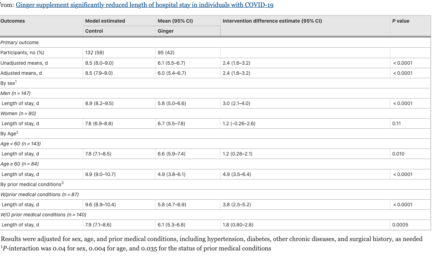Introduction A groundbreaking study has established a bidirectional relationship between body mass index (BMI) and polycystic ovarian syndrome (PCOS). The research reveals that an elevated BMI increases the risk for PCOS and that PCOS severity may contribute to higher BMI. This dual association provides new insights into the complex interplay between these two health conditions.
Methodology The study focused on exploring the causal relationship between BMI and PCOS using a bidirectional, two-sample Mendelian randomization (MR) approach. Researchers utilized genome-wide association studies (GWAS) summary data from two large, independent European populations: the UK Biobank for BMI and the FinnGen biobank for PCOS. Three analytical methods were employed: the inverse-variance weighted (IVW) method, the weighted median estimator, and MR-Egger regression. The analysis encompassed 427 single-nucleotide polymorphisms (SNPs) associated with BMI and 169 SNPs associated with PCOS.
Key Findings The study’s results demonstrated a significant positive association between increased BMI and a higher risk for PCOS across all methods used. The odds ratios (OR) were as follows:
- IVW: OR = 2.027
- Weighted median estimator: OR = 2.368
- MR-Egger regression: OR = 3.610 All results had a P-value of <.001, indicating strong statistical significance.
Conversely, a genetic predisposition to PCOS was found to causally affect elevated BMI:
- IVW: OR = 1.020
- Weighted median estimator: OR = 1.017 Both results also had a P-value of <.001.
Practical Implications The researchers emphasized the importance of recognizing and protecting populations at risk of PCOS due to overweight or obesity. They also highlighted that the severity of PCOS may contribute to an increase in BMI, potentially guiding new prevention and treatment strategies. “The findings highlight the importance of recognizing and safeguarding populations at risk of PCOS due to overweight or obesity,” the authors wrote. “Inversely, our research found that the severity of PCOS may also be one of the potential factors contributing to BMI increase, possibly informing innovative prevention and treatment strategies.”
Study Limitations The study’s reliance on data from European populations may limit the generalizability of its findings to a broader demographic. Additionally, significant heterogeneity among the genetic instruments used in GWAS and the potential overestimation of the SNP-exposure association were noted. The limited number of PCOS cases could also have reduced the statistical power of the MR analysis.
Funding and Disclosures The study was led by Yifan Fang from Fujian Children’s Hospital and Fujian Medical University, Fuzhou, China, and published in The Journal of Clinical Endocrinology & Metabolism. It was supported by the Natural Science Foundation of Fujian Province and the Foundation of Fujian High-level Clinical Medical Center. The authors declared no conflicts of interest.
Conclusion This research underscores the complex and bidirectional relationship between BMI and PCOS, highlighting the need for tailored strategies to address both conditions. The findings pave the way for further research and potential advancements in the prevention and treatment of PCOS and related metabolic disorders.











